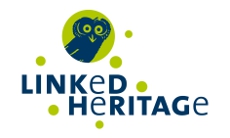 Linked Heritage (www.linkedheritage.eu) is a Best Practice Network which includes ministries, responsible government agencies, content providers and aggregators, leading research centres, publishers and SMEs from 20 EU countries, together with Israel and Russia. Its main focus is on the one hand the provision of large quantities of new content (3 million) to Europeana (www.europeana.eu), from both the public and private sectors, and on the other hand the enhancement of the quality of both new and existing Europeana content, in terms of its metadata richness, its re-use potential and its uniqueness.
Linked Heritage (www.linkedheritage.eu) is a Best Practice Network which includes ministries, responsible government agencies, content providers and aggregators, leading research centres, publishers and SMEs from 20 EU countries, together with Israel and Russia. Its main focus is on the one hand the provision of large quantities of new content (3 million) to Europeana (www.europeana.eu), from both the public and private sectors, and on the other hand the enhancement of the quality of both new and existing Europeana content, in terms of its metadata richness, its re-use potential and its uniqueness.
The activities are delivered through the work of 7 Work Packages, led by different partners, with the support of 4 European Thematic Working Groups as well as a number of Interdisciplinary National Working Groups, which address the following issues:
1. The use of linked data to support more expressive semantic processing within Europeana, as well as making Europeana information available to third parties.
2. Persistent identifiers and their use for preventing duplicate records and broken links
3. Metadata and standards to improve the richness of content and the alignment with the Europeana data models (particularly from non-library sources)
4. Multilingual and cross-domain combination of terminologies to improve semantic-web-based-access and retrieval of cultural objects within Europeana.
5. Engagement with the private sector (especially publishers) and remediation of their metadata via Europeana.
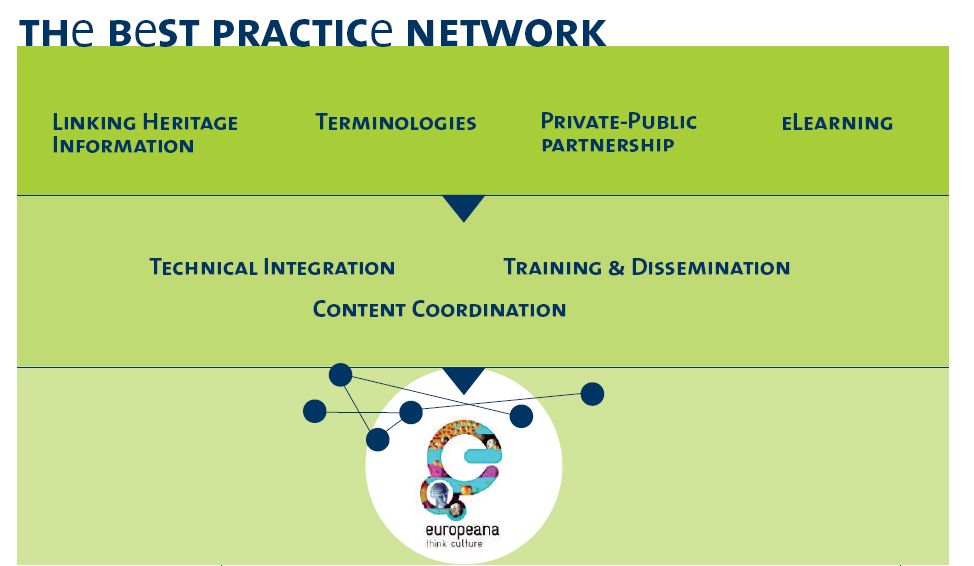
During the first half of the project, which ended with a very successful review by the European Commission, the following main results were achieved.
The state of the art in linked data, its applications and potential was explored through the publication of a Best practice report on cultural heritage linked data and metadata standards, that identifies the most appropriate models, processes and technologies for the deployment of cultural heritage information repositories as linked data; this work constitutes the basis for the experimentation on open data in the Europeana context that can be performed through a demonstrator that has been developed in the scope of the project.
The identification of the most appropriate approach to persistent identification of digital resources that has been analysed too, and the results of this analysis have been published in a State of the art report on persistent identifier standards and management tools.
A Terminology Management Platform has been developed to demonstrate how it is possible to create and update a network of multilingual cross-domain thesauri and controlled vocabularies in a collaborative way. It hereby aims to reduce the large gap between the actual state of terminology management in cultural institutions, and the skills and means necessary to deliver these vocabularies in a standardised format.
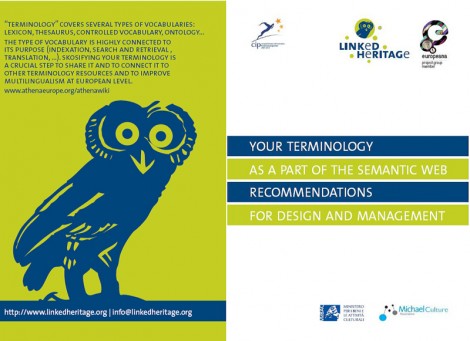 The results of the work on Terminologies & Multilingualism have been published in a Booklet which contains recommendations for the design and management of terminologies to help people working in European museums, experts or non-experts in Information Engineering and/or Linguistics, to improve the future retrievability of their digital collections online.
The results of the work on Terminologies & Multilingualism have been published in a Booklet which contains recommendations for the design and management of terminologies to help people working in European museums, experts or non-experts in Information Engineering and/or Linguistics, to improve the future retrievability of their digital collections online.
The work carried out by the Working Group on Public Private Partnerships (PPP) focused on the exploration of metadata management practices in the private sector, including the analysis of the metadata models in use across multiple media sectors (books, music, photography, film), identity management, controlled vocabularies and IPR related issues. The results have been published in a Best Practice Report on PPP.
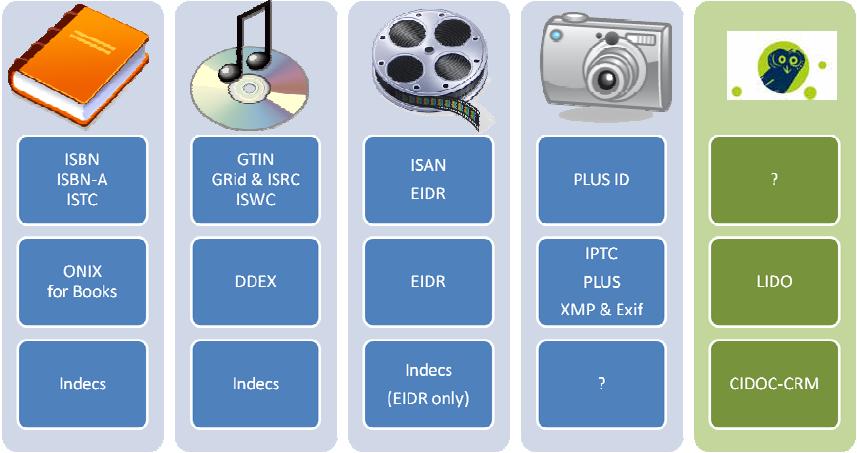
All these topics and even more are part of the comprehensive training programme designed and implemented by the University of Padua. The learning objects are tailored for an entry-level target audience and will be made available through a Virtual Library Environment which will be presented at the next Linked Heritage Training and Dissemination Event which is planned in Padova on March 6th-8th, 2013.
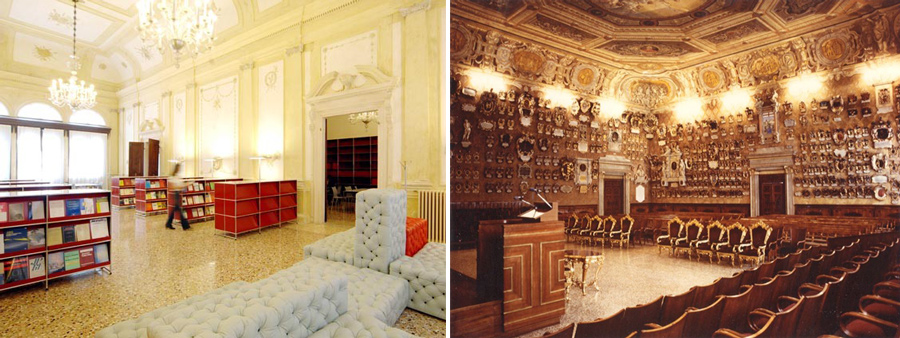
For more information, see the Linked Heritage showcase


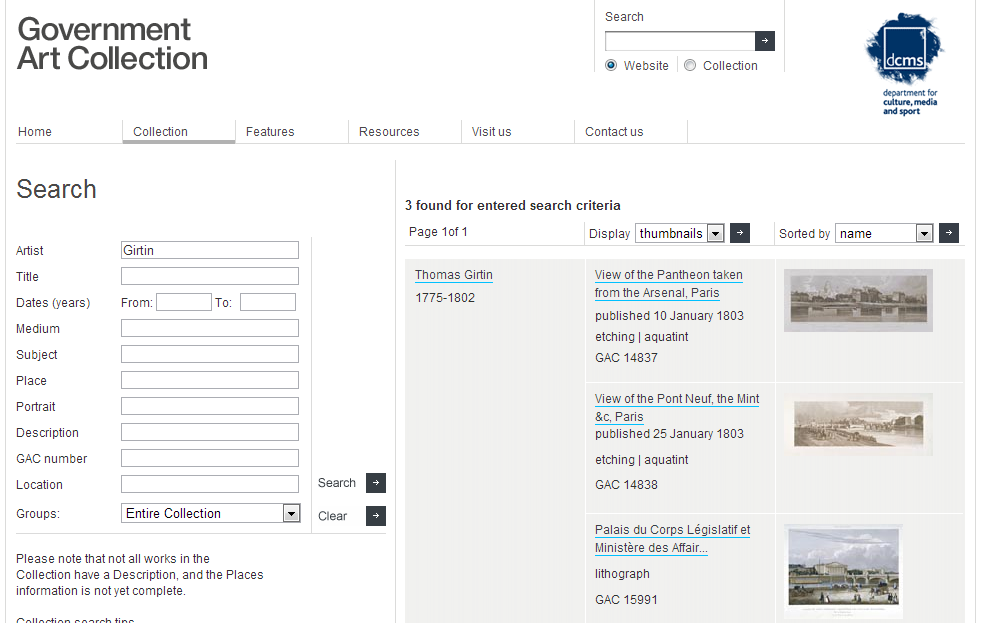
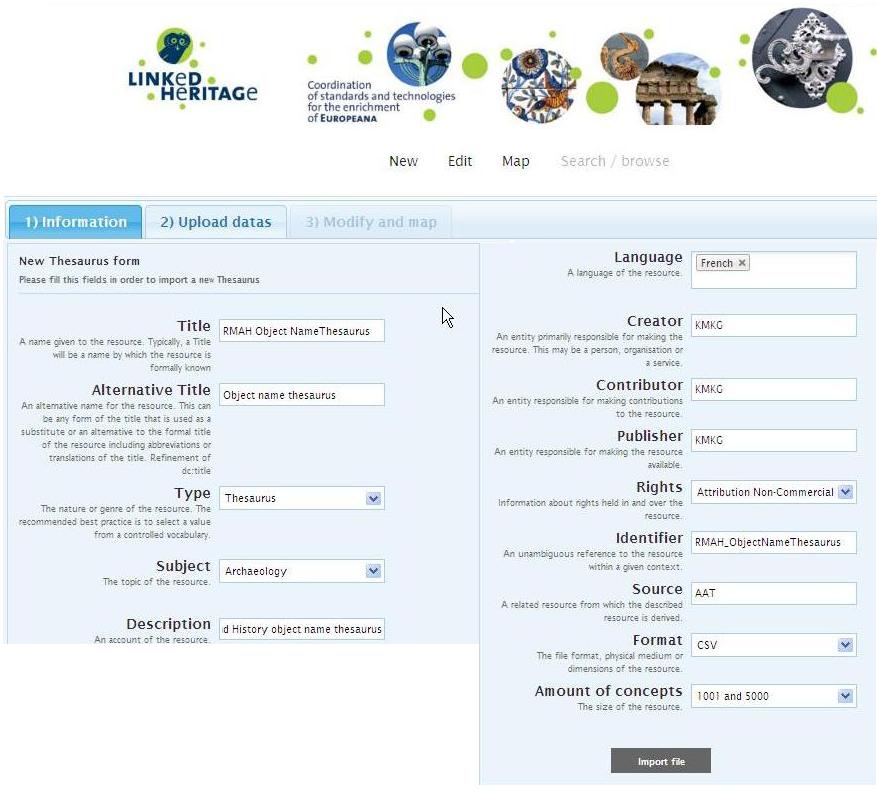
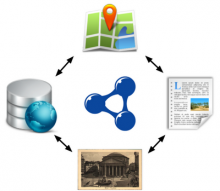
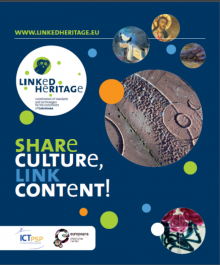

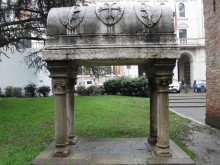
 If you have interesting news and events to point out in the field of digital cultural heritage, we are waiting for your contribution.
If you have interesting news and events to point out in the field of digital cultural heritage, we are waiting for your contribution.
























